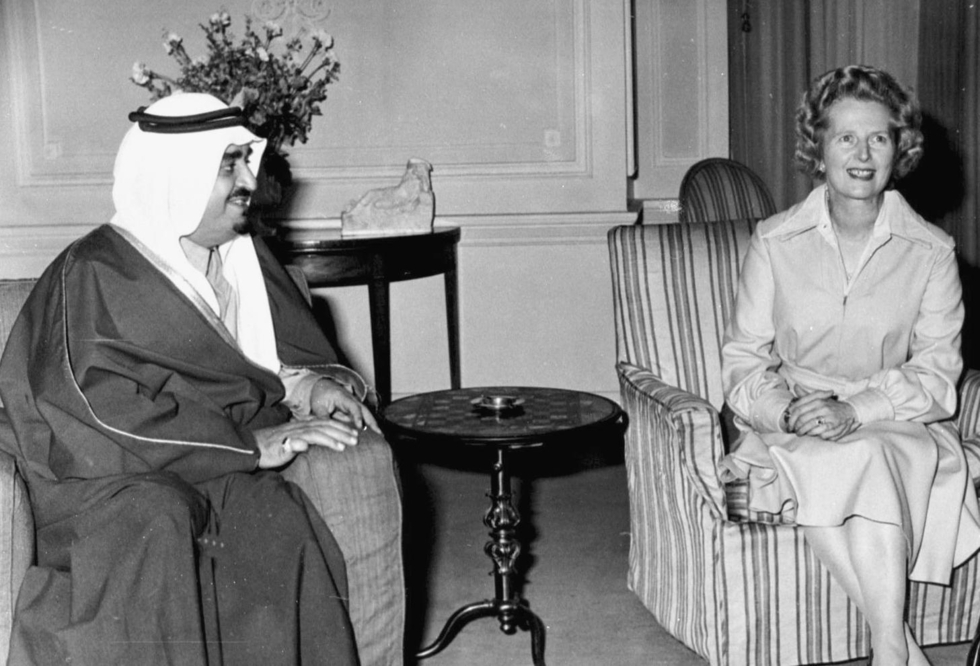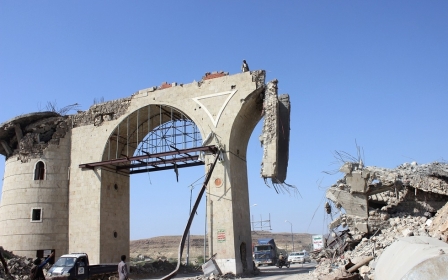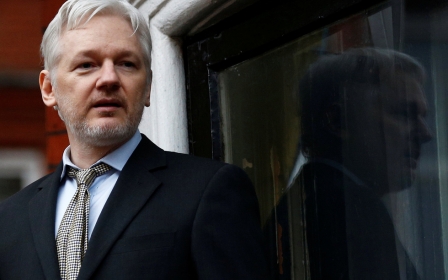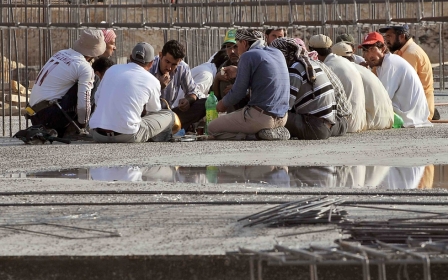Thatcher held secret Saudi talks to win huge arms deal, archives show

Margaret Thatcher embarked on secret diplomacy in the 1980s to win Britain its biggest and most controversial arms deal, according to newly released government documents.
The Foreign Office files show that Thatcher travelled as prime minister to Saudi Arabia in April 1985, where she met King Fahd to discuss the sale of fighter jets that would conclude five months later with the Yamamah deal.
The Yamamah deal was worth £43bn and involved defence firm BAE Systems supplying Saudi Arabia with more than 100 aircraft.
The sale proved highly controversial because of claims BAE had a multimillion-pound slush fund offering secret payments to Saudi royals and intermediaries to make sure the deal was completed.
Thatcher was leader of the Conservative party from 1975 until 1990 and served as prime minister between 1979 and 1990. She died in 2013.
In 1985, Britain’s then-defence minister, Michael Heseltine, agreed for Thatcher to stop in Riyadh on her way back from a trip to South Asia.
Heseltine approved the visit only on the basis that Thatcher would be able to complete the Yamamah deal.
Prince Bandar bin Sultan al-Saud – the then-Saudi ambassador to the US – invited Thatcher for the meeting with Fahd. Foreign Office documents said the meeting was aimed at “smoking” out the Saudis over the arms deal.
Before the meeting the Saudis were wavering between buying the fighter jets from Britain or France, but Heseltine’s Foreign Office expressed confidence Thatcher could win the deal after Bandar’s invitation.
"It seems unlikely that Prince Bandar would seek to engineer such a meeting unless something positive was likely to come out of it; otherwise he runs the obvious risk of embarrassing both the prime minister and King Fahd," read a briefing document from Thatcher’s foreign policy adviser, Charles Powell.
The Foreign Office suggested Thatcher’s visit was a way of “tackling the king in person” and was “probably the only way of smoking the Saudis out”.
One of the now released documents set out the “tactical arguments” for Thatcher to deploy if she was to win the arms deal. They included highlighting the British jets’ lower price than the French equivalents, while warning the price could not always be guaranteed to stay the same.
The meeting with the king was officially billed as being one about regional developments and official records show no mention of discussion about the fighter jets deal.
Thatcher was also told to allow the king to raise the deal in discussions, and while there is no record of their discussion, a note sent by the British prime minister to the Saudi king after the visit appears to give evidence of them talking about the deal.
"I was glad that we were able to discuss a further matter privately over lunch,” Thatcher wrote to King Fahd after their meeting. "I look forward to receiving your majesty's personal envoy soon, in order that we may conclude this matter successfully."
In September 1985, the arms deal was signed for Britain to supply Saudi Arabia with Tornado, Hawk, and PC9 aircraft.
The deal’s controversial nature was later increased when a 1992 National Audit Office report into it was suppressed out of concern that the Saudis would be offended.
A decade later, the Serious Fraud Office launched an investigation into the deal but in 2006 this was dropped after the intervention of then Prime Minister Tony Blair.
In 2010, BAE Systems reached an agreement over the claims of corruption with the Serious Fraud Office and the US Department of Justice, which cost the company £286 million.
This article is available in French on Middle East Eye French edition.
New MEE newsletter: Jerusalem Dispatch
Sign up to get the latest insights and analysis on Israel-Palestine, alongside Turkey Unpacked and other MEE newsletters
Middle East Eye delivers independent and unrivalled coverage and analysis of the Middle East, North Africa and beyond. To learn more about republishing this content and the associated fees, please fill out this form. More about MEE can be found here.




